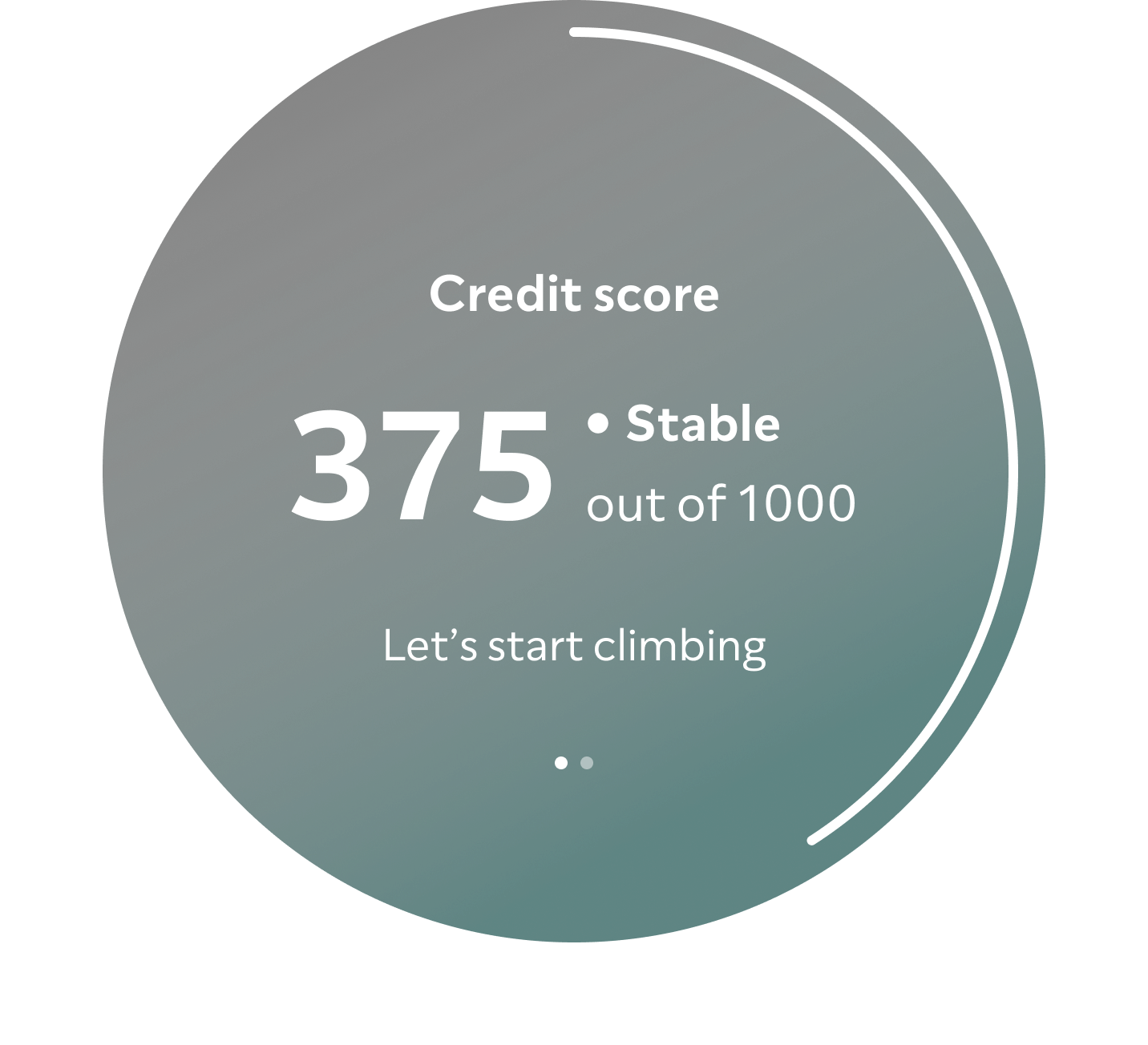Which benefits count as income?
When you start comparing loans, we’ll ask you about your income to get a better idea of what you could be eligible for. Some benefits count as income – and you can find out more on the Government website.
Which benefits don’t count as income?
Some benefits aren’t considered income. You can find out more about tax-free and taxable benefits on the Government website.
How much can you borrow?
The amount of money you can borrow depends on things like your credit history. Lenders will use that information to determine how much they’re willing to let you borrow.
That’s why comparing offers before you apply is a great way to see what you’re likely to be eligible for.
Does a personal loan affect your Universal Credit?
Universal Credit is a regular payment for people who are on a low income or unemployed. It’s replaced some benefits like Child Tax Credit, Housing Benefit and Working Tax Credit.
If you take out a loan, sign into your Universal Credit account and report a change of circumstances. Depending on the loan, and your personal circumstances, your Universal Credit might be affected.
You can find out more about Universal Credit and how it works on the MoneyHelper website.
Where to go for debt advice
Support to keep you moving forwards
Our trusted partners are here to give you that extra bit of help - just like they have with thousands of others in a similar position. So, whether you'd like some advice or need help creating a plan, rest assured we’ll ensure you keep moving forward.
Take a free money health check with StepChange
Find out how StepChange could help with your debt in just a few minutes.
Take the money health check online.
Take the money health check online.
Start looking for your lost money with Gretel
Reclaim your lost pensions, find old investments and check for savings.
Find your lost money with Gretel.









